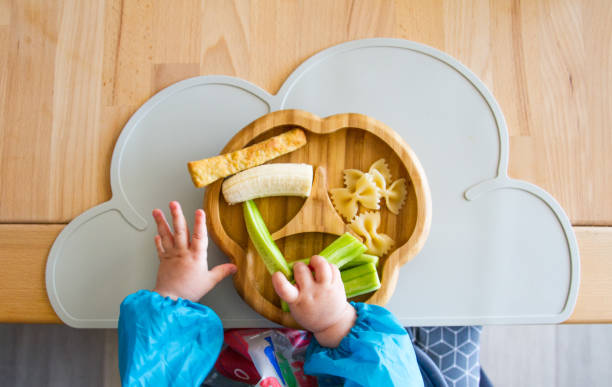Are Baby Foods Healthy for Infants? Exploring the Benefits and Considerations
Introduction: When it comes to feeding infants, parents often wonder if baby foods are a healthy choice. In this blog, we explore the benefits and considerations of baby foods, including commercial options and homemade alternatives. By understanding the nutritional value and important factors to consider, you can make informed decisions about introducing solids to your baby's diet.
The Nutritional Value of Baby Foods
-
Nutrient-Dense: Baby foods are specifically designed to provide essential nutrients for infants. They often contain a balance of fruits, vegetables, proteins, and grains, offering a wide range of vitamins, minerals, and other important nutrients.
-
Age-Appropriate Texture: Baby foods are pureed or mashed to match the developmental stage of infants. This allows for easy digestion and promotes the gradual transition from a liquid to solid diet.
-
Allergen Introduction: Many commercial baby foods introduce common allergenic foods in a controlled manner, helping to reduce the risk of allergies. This can be especially beneficial for infants with a family history of allergies.

Considerations for Baby Foods
-
Read Labels: When choosing commercial baby foods, carefully read the labels to ensure they are appropriate for your baby's age and dietary needs. Look for options without added sugars, artificial ingredients, and excessive salt or preservatives.
-
Homemade Baby Foods: Homemade baby foods offer the advantage of freshness and control over ingredients. However, it is essential to follow proper hygiene practices, introduce foods gradually, and ensure a balanced diet with a variety of nutrients.
-
Consult with a Pediatrician: It's important to consult with your pediatrician before introducing baby foods, especially if your baby has specific dietary concerns, allergies, or medical conditions. They can provide personalized guidance and address any questions or concerns you may have.





